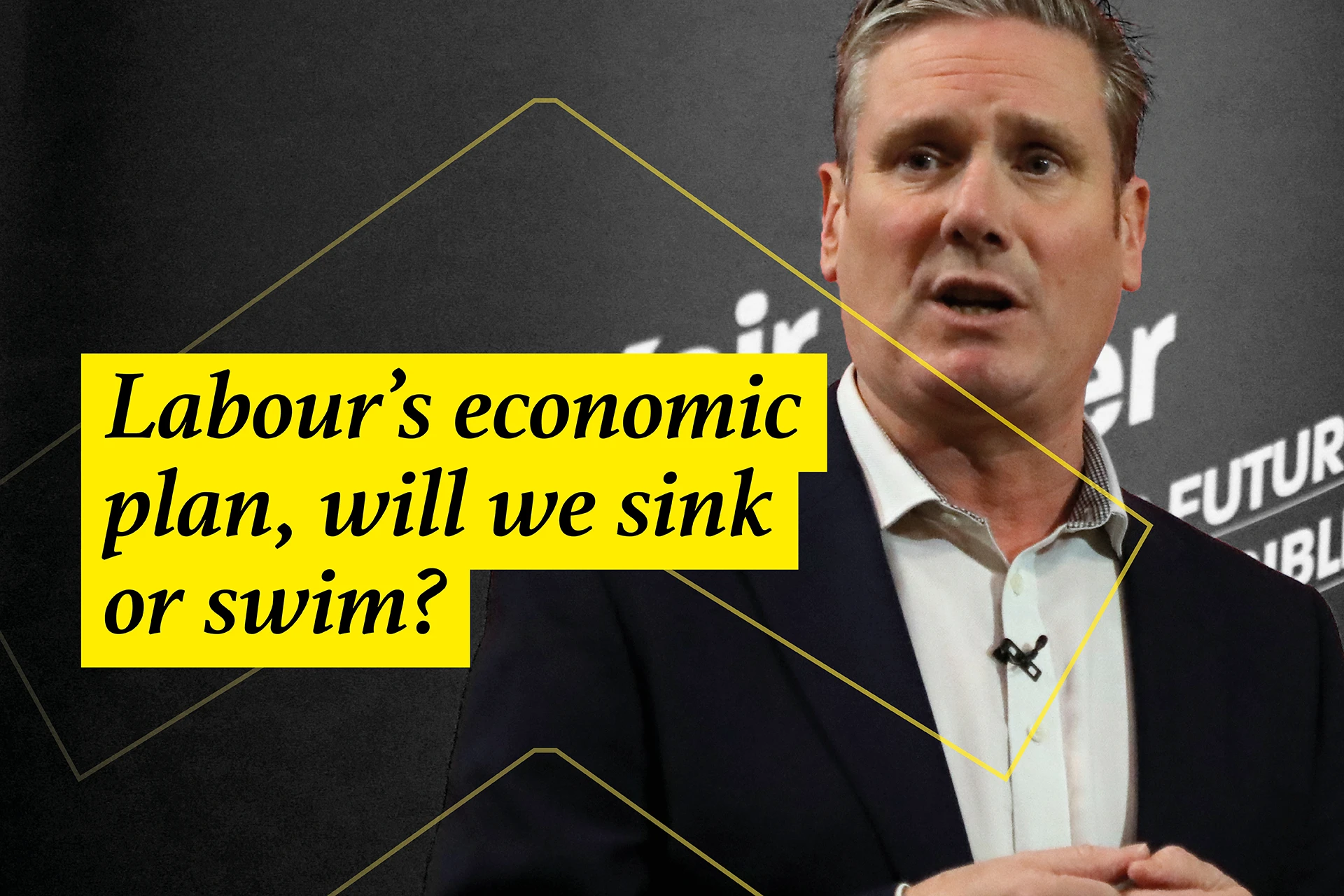

As we edge closer to the 2024-25 fiscal year, the UK's financial landscape is witnessing a significant uptick in tax revenue, expected to reach 36.5% of national income. According to an Institute for Fiscal Studies report, this nears the historical peak of 37.2% seen in 1948, with projections suggesting a rise to 37.1% by the 2028-29 fiscal year. Although these numbers have reached new heights domestically, they are relatively moderate compared to many Western European nations.
In the past decade, the UK has seen significant shifts in its fiscal policies. Stability in tax revenues before 2019 notably increased years after, particularly impacting business taxation. These changes include a reduction in income tax personal allowances and a notable increase in corporation tax rates in 2023. In contrast, National Insurance contributions have diverged from their long-term upward trajectory.
Looking ahead, the fiscal landscape presents formidable challenges. The government's stringent spending plans may be insufficient to maintain the quality of public services unless there is a reduction in service breadth. Any additional spending will likely necessitate further tax increases or increased borrowing—choices that require careful consideration, especially in how they impact business operations and investment.
Denial is not an option as we navigate these complex fiscal waters. Under the leadership of the new Labour government and Prime Minister Keir Starmer, critical decisions loom that will profoundly shape the economic and social fabric of the nation. The King's Speech has already laid out Labour's initial legislative agenda, but it is Chancellor Rachel Reeves's upcoming statement that is poised to significantly influence the government's economic policy. Her announcement will provide a baseline against which the government's performance can be evaluated, particularly noting the fiscal legacy from the previous administration and its implications for business tax policy.
Reeves's approach is expected to involve modest tax increases while maintaining core election promises of no rises in income tax, national insurance, and VAT. However, for business taxation, the continued freeze on income tax allowances beyond 2028-29 and other adjustments will be critical areas of focus.
The upcoming fiscal developments will require patience from the public and the business community as significant improvements in public services and fiscal conditions are expected to take time. In conclusion, with the intricate fiscal challenges ahead, Prime Minister Keir Starmer's decisions will not only define his government's legacy but will also have substantial repercussions on the business tax landscape and broader economic context of the UK.
If you enjoyed reading this article or need any assistance or guidance navigating the tax recruitment landscape, please connect with me on LinkedIn!